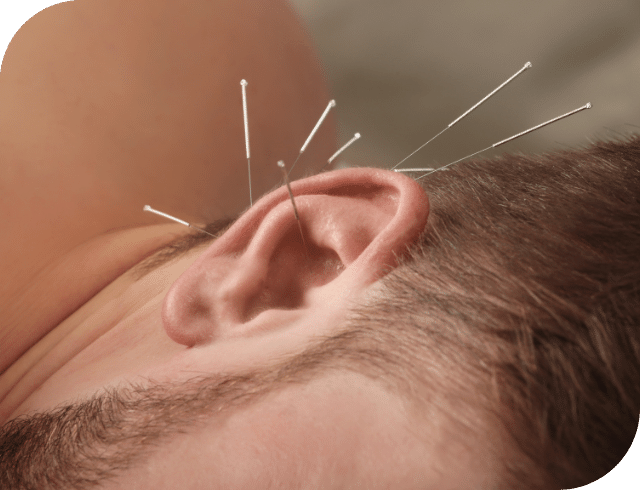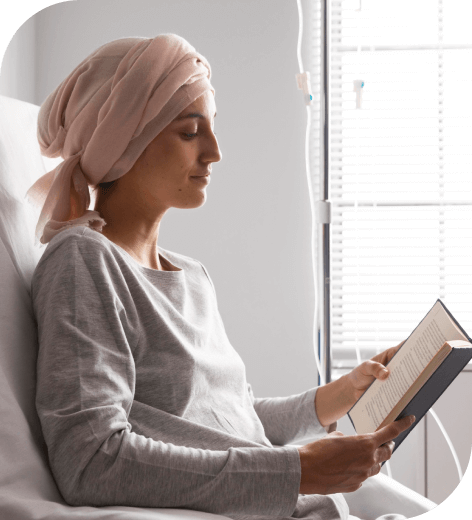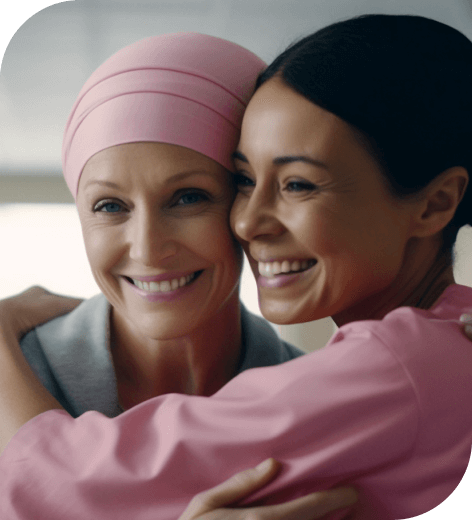
Wellness And Therapy Guides
Acupuncture
What is Acupuncture?
Acupuncture is a form of traditional Chinese medicine (TCM) which involves inserting fine sterile needles into specific points along the body’s energy channels, known as meridians.
Needles are manipulated to rebalance the body’s energy flow, called qi. Acupuncture addresses any disruptions to your qi, fixing root causes of problems and improving health.
Additionally, acupuncture points can be stimulated through techniques with the practitioner’s fingertips.
Despite any concerns you may have about needles, acupuncture uses very thin needles, barely felt by the client, offering minimal discomfort.

Acupuncture is a form of traditional Chinese medicine (TCM) which involves inserting fine sterile needles into specific points along the body’s energy channels, known as meridians.
Needles are manipulated to rebalance the body’s energy flow, called qi. Acupuncture addresses any disruptions to your qi, fixing root causes of problems and improving health.
Additionally, acupuncture points can be stimulated through techniques with the practitioner’s fingertips.
Despite any concerns you may have about needles, acupuncture uses very thin needles, barely felt by the client, offering minimal discomfort.
Benefits for People Living With Cancer

Acupuncture offers potential benefits for people living with cancer by addressing both cancer symptoms and the side effects of treatments like chemotherapy and radiotherapy.
Research indicates that acupuncture and acupressure can alleviate chemotherapy-induced nausea and vomiting. Some experts also suggest that acupuncture may help relieve pain by prompting the release of natural opioid-like substances in the body.
Traditionally, acupuncture aims to support overall wellness and trigger self-healing rather than providing a specific cure. The tiny needle insertions may also stimulate the immune system, improve blood circulation, and alter pain perception.
Benefits for People Living With Cancer
Acupuncture offers potential benefits for people living with cancer by addressing both cancer symptoms and the side effects of treatments like chemotherapy and radiotherapy.
Research indicates that acupuncture and acupressure can alleviate chemotherapy-induced nausea and vomiting. Some experts also suggest that acupuncture may help relieve pain by prompting the release of natural opioid-like substances in the body.
Traditionally, acupuncture aims to support overall wellness and trigger self-healing rather than providing a specific cure. The tiny needle insertions may also stimulate the immune system, improve blood circulation, and alter pain perception.
Benefits for Carers
Acupuncture can support carers by alleviating stress and anxiety, helping to manage pain (such as headaches, muscle tension, and back pain), improving sleep (by regulating the body’s sleep-wake cycle and reducing insomnia symptoms), increasing energy levels and promoting relaxation and emotional wellbeing.

Acupuncture can support carers by alleviating stress and anxiety, helping to manage pain (such as headaches, muscle tension, and back pain), improving sleep (by regulating the body’s sleep-wake cycle and reducing insomnia symptoms), increasing energy levels and promoting relaxation and emotional wellbeing.
What to Expect from Your Session

During an acupuncture session, your practitioner conducts a thorough assessment, considering your cancer diagnosis, lifestyle, and health concerns. You’ll discuss medications and treatments, and the practitioner may assess your pulse and tongue.
In the treatment room, you’ll be provided with towels or a gown for comfort. Fine needles are sterilised and gently inserted into acupuncture points.
During the session, your practitioner may manipulate the needles for a response, with sensations like a brief twang or subtle electricity. The needles stay in place for a duration determined by your practitioner.
You can expect a calming and therapeutic experience aimed at restoring balance and supporting your body’s healing abilities.
What to Expect from Your Session
During an acupuncture session, your practitioner conducts a thorough assessment, considering your cancer diagnosis, lifestyle, and health concerns. You’ll discuss medications and treatments, and the practitioner may assess your pulse and tongue.
In the treatment room, you’ll be provided with towels or a gown for comfort. Fine needles are sterilised and gently inserted into acupuncture points.
During the session, your practitioner may manipulate the needles for a response, with sensations like a brief twang or subtle electricity. The needles stay in place for a duration determined by your practitioner.
You can expect a calming and therapeutic experience aimed at restoring balance and supporting your body’s healing abilities.
References
- Acupuncture | healthdirect.gov.au
- What is acupuncture? | healthline.com
- Acupuncture | Australian Acupuncture & Chinese Medicine Association
- Acupuncture | SoulAdvisor
- Acupuncture journey to America | Journal of Traditional Chinese Medical Sciences
- Meridians in Acupuncture and Chinese Medicine | verywellhealth.com
- Acupuncture: how does it work? | medicalnewstoday.com
- Acupuncture-point stimulation for chemotherapy-induced nausea or vomiting | PubMed
- Acupuncture for Chronic Pain | JAMA Internal Medicine
